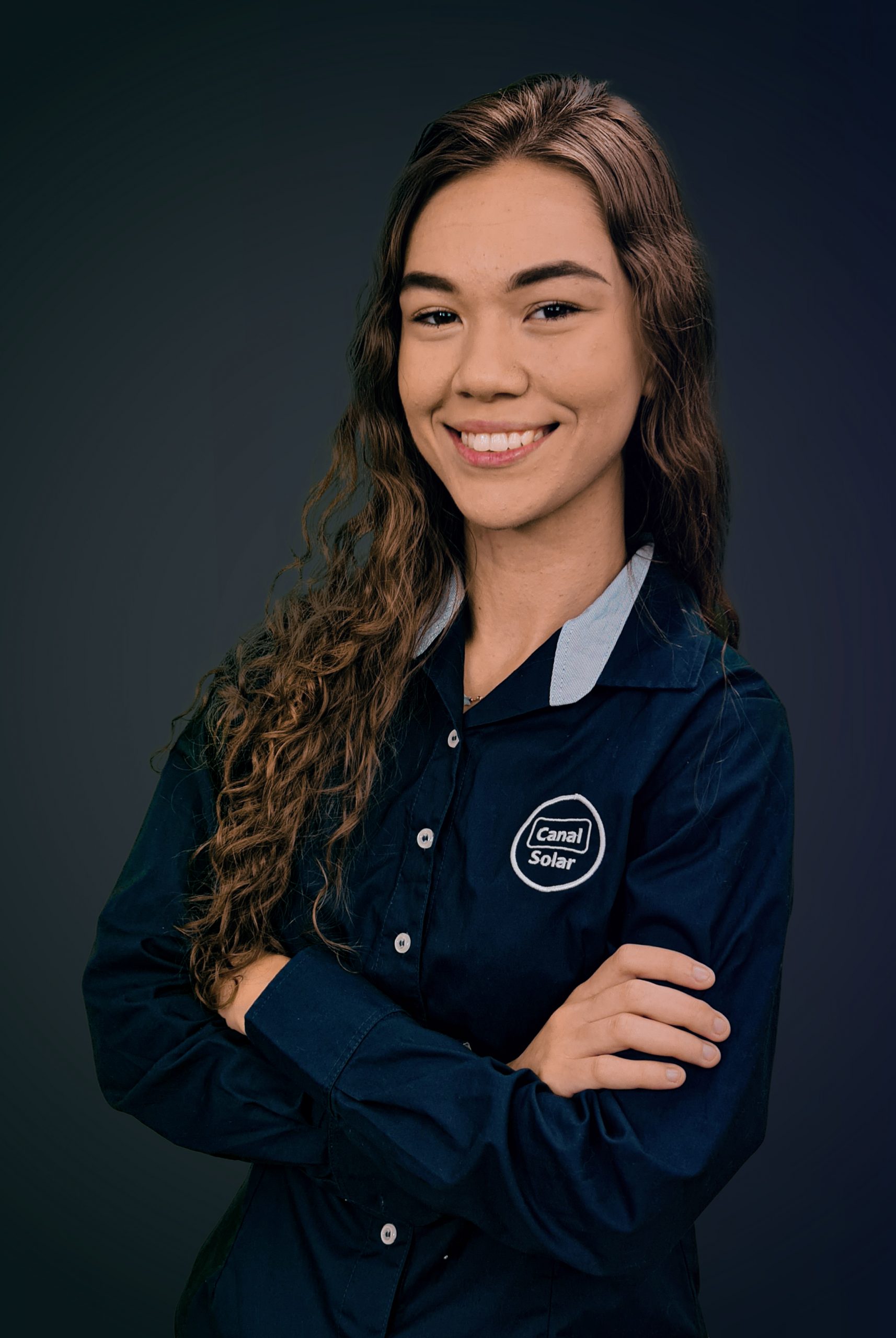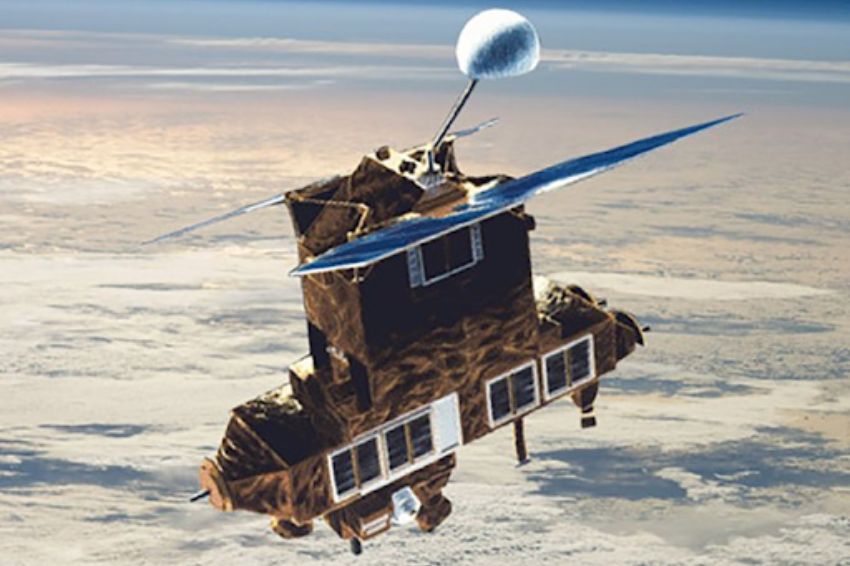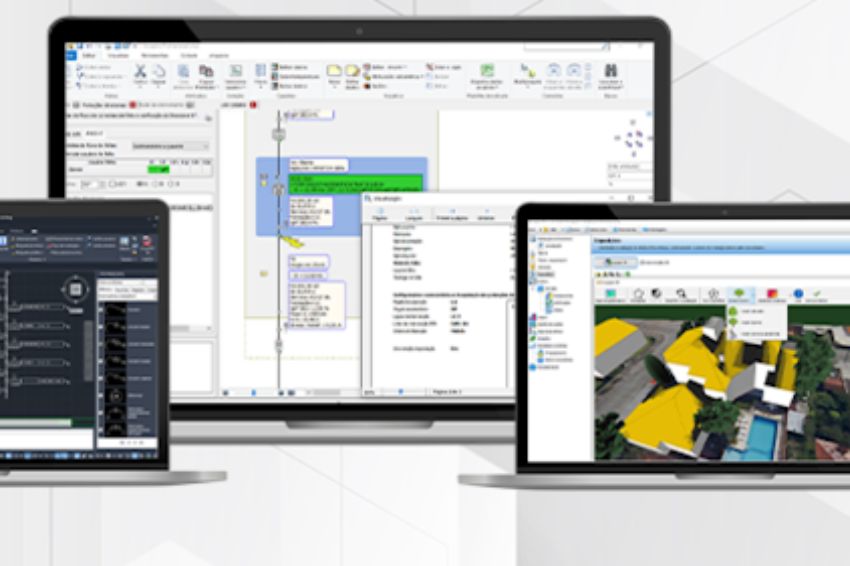The space agency NASA (National Aeronautics and Space Administration) announced, last Monday (9), the re-entry of the Earth Radiation Budget Satellite (ERBS) into the atmosphere, at 1:04 am. The satellite headed directly toward the Bering Sea.
The same was part of the Earth Radiation Budget Experiment (ERBE) mission, made up of three satellites. Released from Challenger space shuttle in October 1984, the aim of ERBS was study how solar energy was absorbed and radiated by the Earth, in addition to investigating the planet's stratosphere with the Stratospheric Aerosol and Gas Experiment II (SAGE II).
According to data from SAGE II, the fragile ozone layer, which protects the surface of planet Earth, suffered a reduction on a global scale. Such information contributed to the creation of the Montreal Protocol.
The agreement, signed by dozens of countries, resulted in a significant drop in the use of chlorofluorocarbons, capable of destroying the surface. According to NASA, SAGE III remains active on the International Space Station, collecting data about the layer.
O ERBS collaborated with scientists in measuring the effects of human activity on the balance between the energy that the planet receives and that which is released.
Recently, due to the prediction of its reentry, NASA announced that the satellite was approaching its end.












